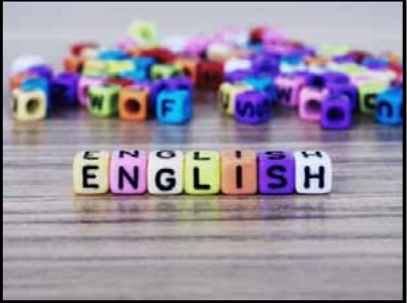Advanced Higher English
What will I learn?
Learners will develop complex language skills, interpret complex literary forms and sophisticated language. The course fosters an in-depth appreciation of complex and sophisticated language, and of a wide range of literature and texts in different genres. This enables learners to access their own cultural heritage and history, as well as the culture and history of others.
How will I learn?
How will I be assessed?
Exam (40% of overall grade)
Question paper: Literary Study 20 marks
This question paper assesses candidates’ application of their critical reading skills and their knowledge and understanding of previously-studied literary texts.
Candidates apply their understanding, analysis and evaluation skills to previously-studied texts from one of the following genres: poetry, prose fiction, prose non-fiction, or drama. This takes the form of one appropriately structured critical essay.
This question paper requires candidates to make connections and/or comparisons across texts. The required number of texts is specified in each question:
poetry: three poems
prose fiction: two novels or three short stories
prose non-fiction: at least two non-fiction texts
drama: two plays
Component 2: question paper Textual Analysis (20 marks)
This question paper assesses candidates’ application of critical reading skills to an unseen literary text.
The question paper has a total mark allocation of 20 marks. This is 20% of the overall marks for the course assessment.
Candidates apply their understanding, analysis and evaluation skills to one unseen text. Candidates select one text from the genres of poetry, prose fiction, prose non-fiction or drama and produce a critical analysis which is appropriately structured to meet the demands of the question.
Portfolio-writing (30% of overall grade)
The portfolio–writing provides evidence of candidates’ skills in writing in two different genres.
15 marks are available for each piece of writing within the portfolio. Candidates write in different genres for a range of purposes and audiences.
Candidates produce two written texts for the portfolio from two different genres.
The writing can be from any of the following genres:
persuasive
informative
argumentative
reflective
poetry
prose fiction
drama
Note: there is no requirement to write both creatively and discursively, but each piece of writing must be from a different genre.
Project-Dissertation (30% of overall grade)
The project–dissertation assesses candidates’ independent reading of complex and sophisticated literature. It provides evidence of candidates’ skills in critical analysis, evaluation, investigation and writing.
The dissertation has three stages:
planning: candidates should choose appropriate texts and formulate a precise and focused dissertation task on an aspect of literature
research and development: candidates should investigate and research relevant materials and record all sources consulted
writing: candidates should write their dissertations, reflecting, redrafting and proofreading before final submission
Candidates’ chosen texts for the dissertation must be literary, and must be untaught. Writers or texts studied in the dissertation cannot be used in the Literary Study question paper.
Career opportunities
English is a valuable entry subject for university study. Language and literacy are of major importance and allow pupils access to an incredible array of future careers because the ability to express ourselves clearly and communicate effectively are key in every area of employment. Traditional careers linked to English include advertising, business and enterprise, customer service, computing, journalism, law, libraries, medicine, media and broadcasting, marketing, museums and heritage, politics, psychology, social media, sales, teaching, travel and tourism, writing, web design and many more.
SQA Links
Please use the link below to visit the SQA English National Qualifications page, there you will find the full course specification, past papers and marking schemes and a variety of useful documents:
Advanced Higher English: https://www.sqa.org.uk/sqa/48453.html


